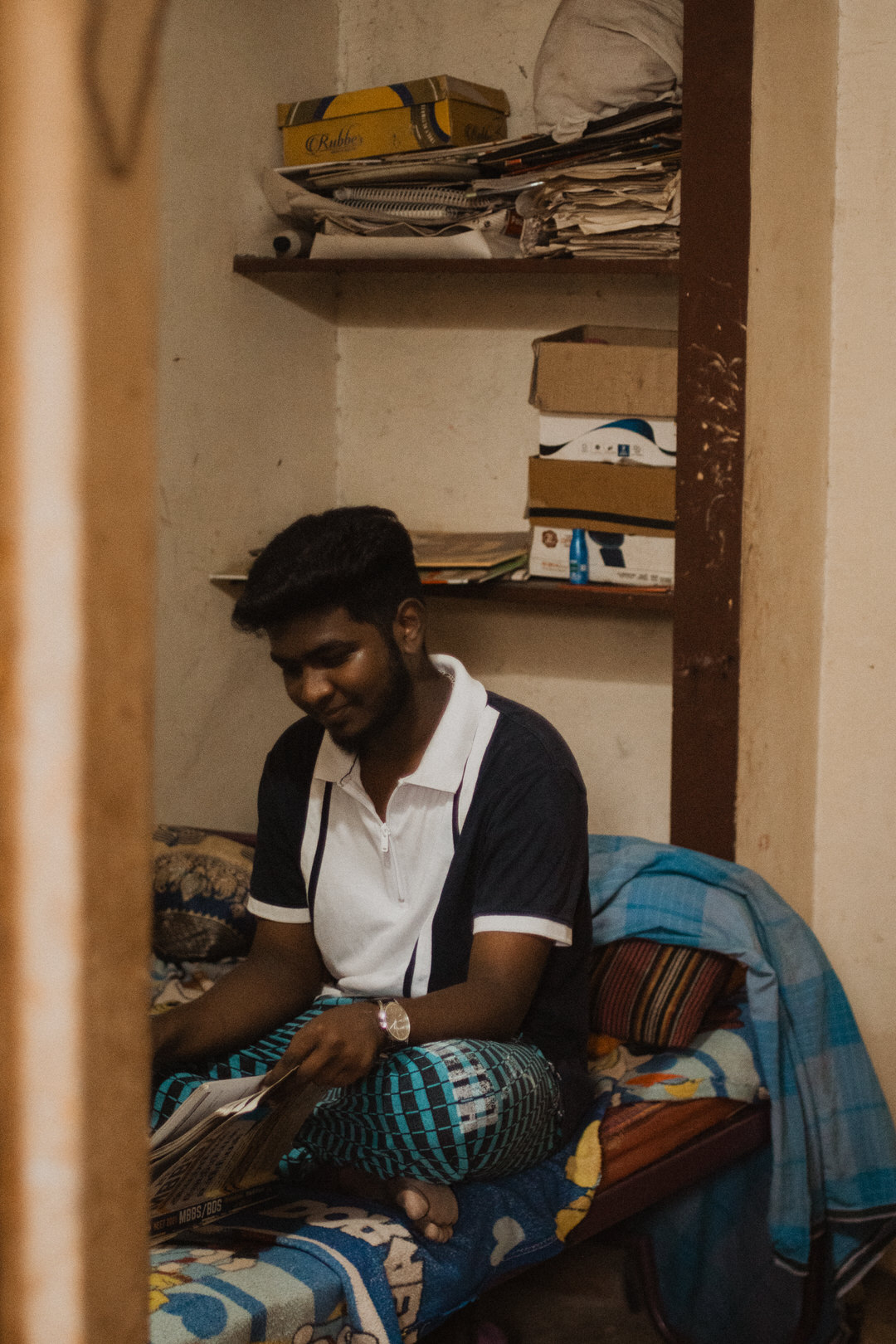
“It Started With a Daily Meal, Now on to Med School.”
We bumbled out of the 15-passenger van and onto the narrow dirt streets that wound through Kalandra, a remote village in South India. As we came around a corner we were greeted by a quickly-forming drumline as the kids from our Feeding and Tutoring Centers raced to greet us.
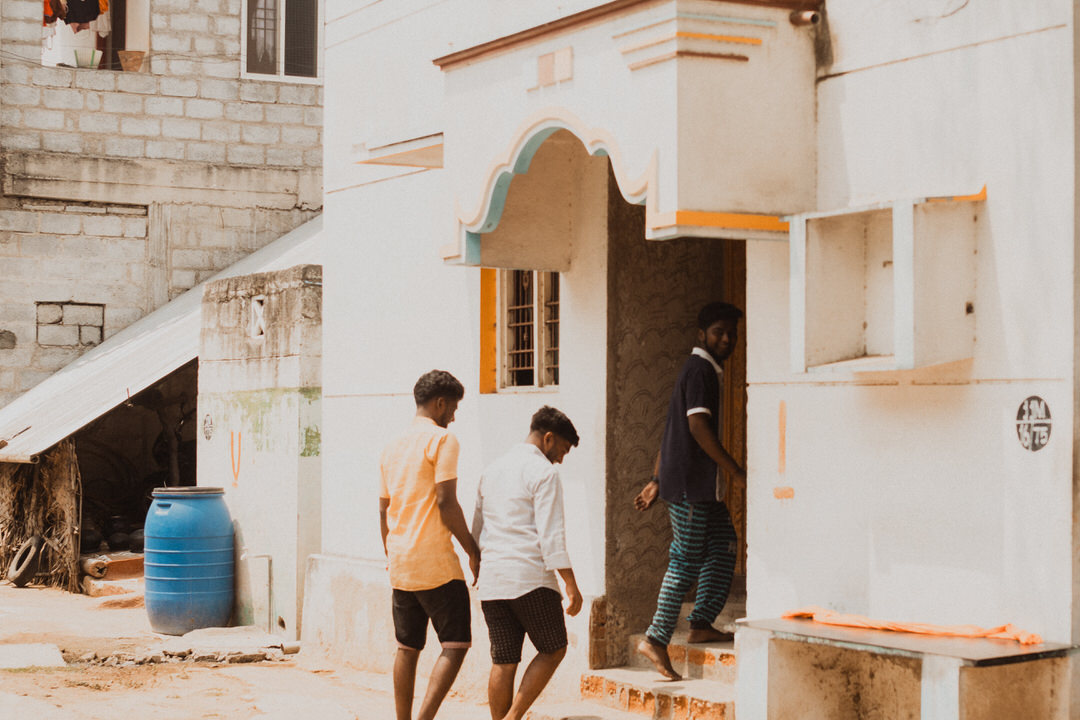
As the dust settled and the kids led our group on, one young man came up to me. His name was Jana. He told me that he grew up in this village and that he started attending our Feeding Center when he was in 2nd grade. He received a daily meal and tutoring throughout his schooling and excitedly told me he had graduated high school. He told me more kids need an opportunity like he had—so he’s been volunteering as one of the tutors at our center. As we chatted about what was next for him, he motioned for me to follow him. Meandering back through the narrow alley, he took me into a small home.
“Is this your home?” I said. “Yes,” he replied. I asked about his family. He told me his mom looks for different jobs each day and makes about $2/day, his dad—like many of the dads in this community—worked harvesting and cutting coconuts. They didn’t have much to provide for Jana. But then Jana reached back into a little bedroom and pulled out a thick textbook. It was a Med School Exam Prep book. He beamed as he showed it to me and told me he was getting ready to test in May.

The people in Kalandra haven’t had much access to opportunity, but now Jana was on the brink of Med School. His story life has been transformed—and a daily meal with a little tutoring has played a key part in that. A meal for one of these centers costs $.50 and as those little meals add up, lives are brought hope.


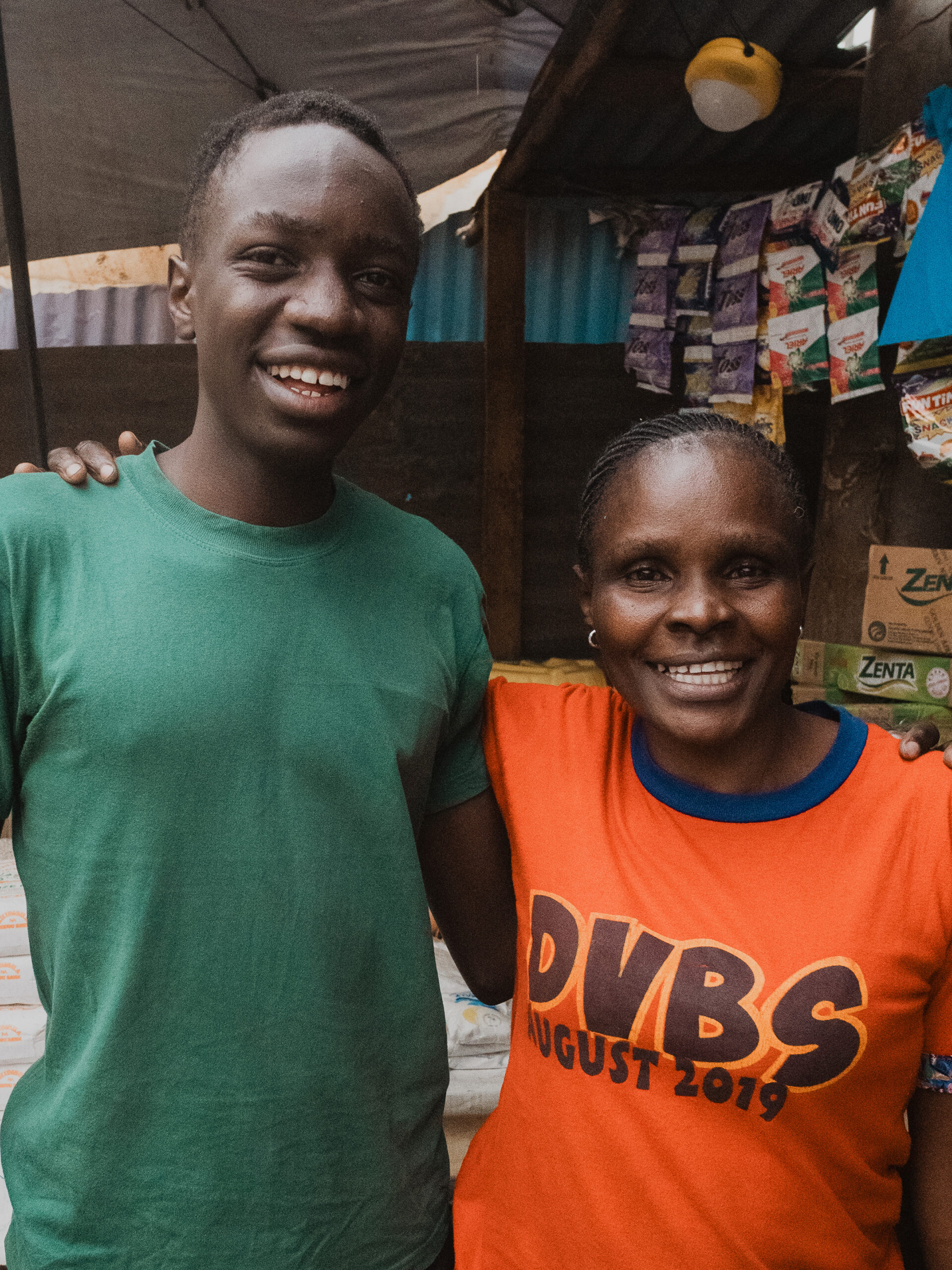
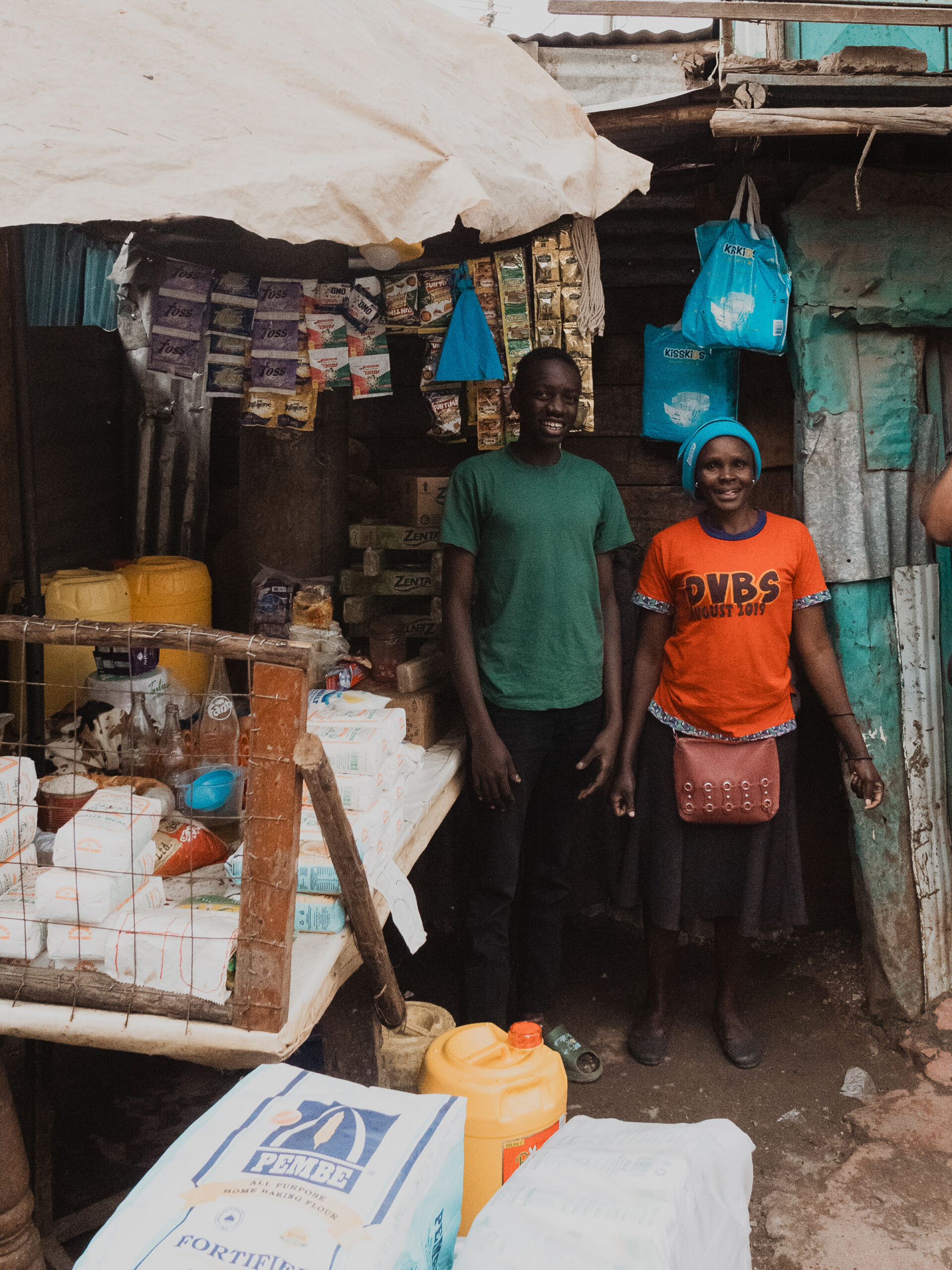
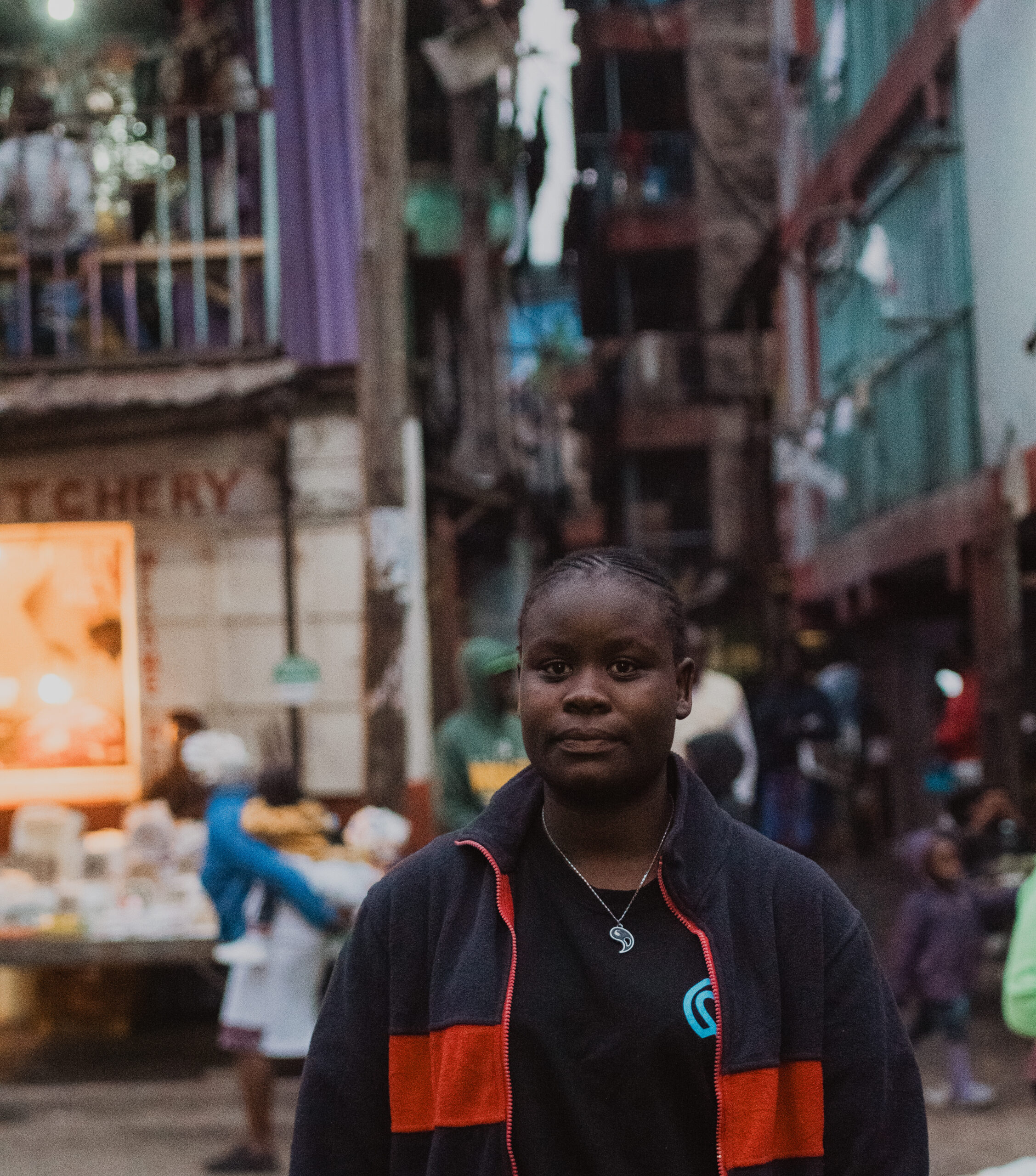
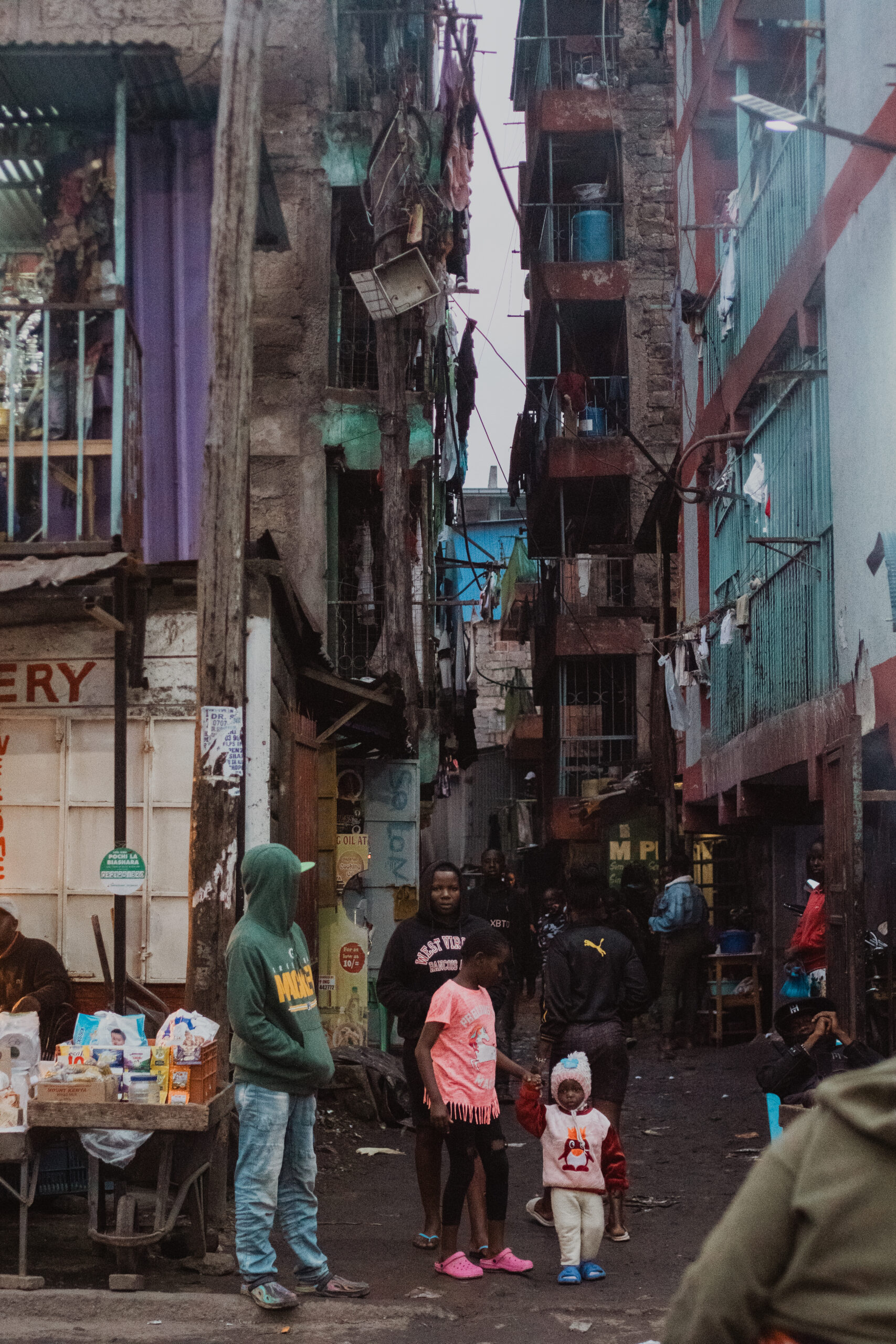
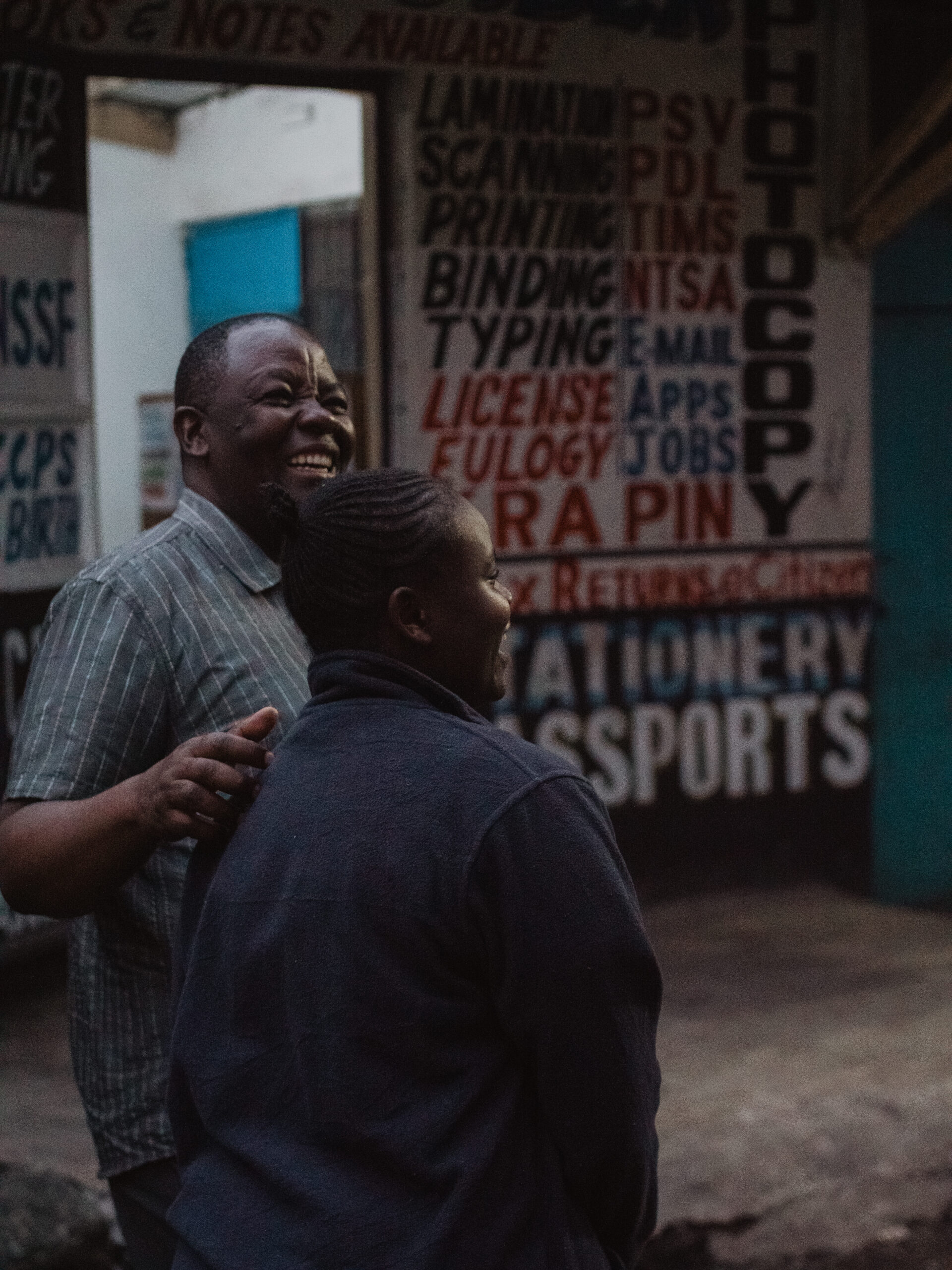
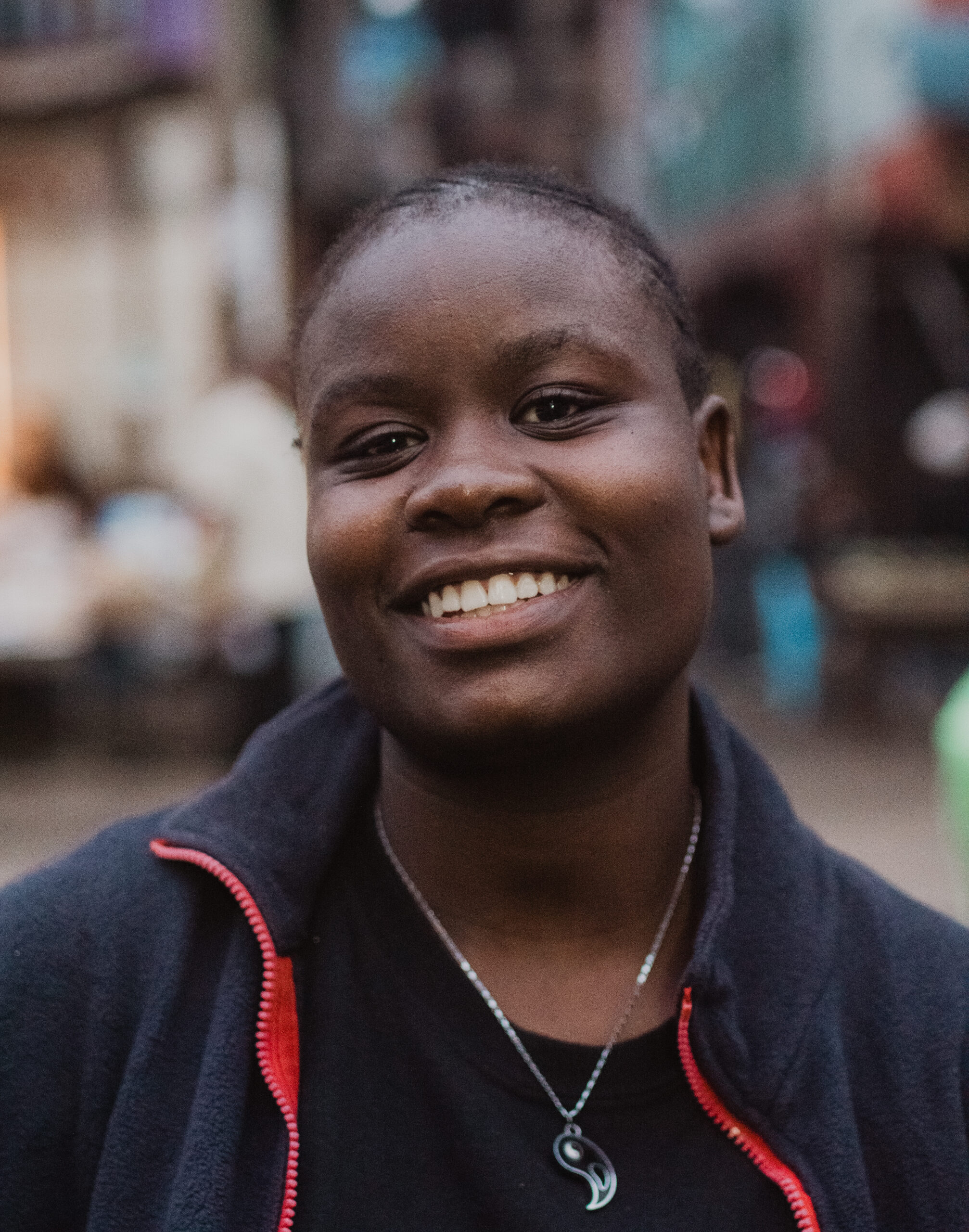
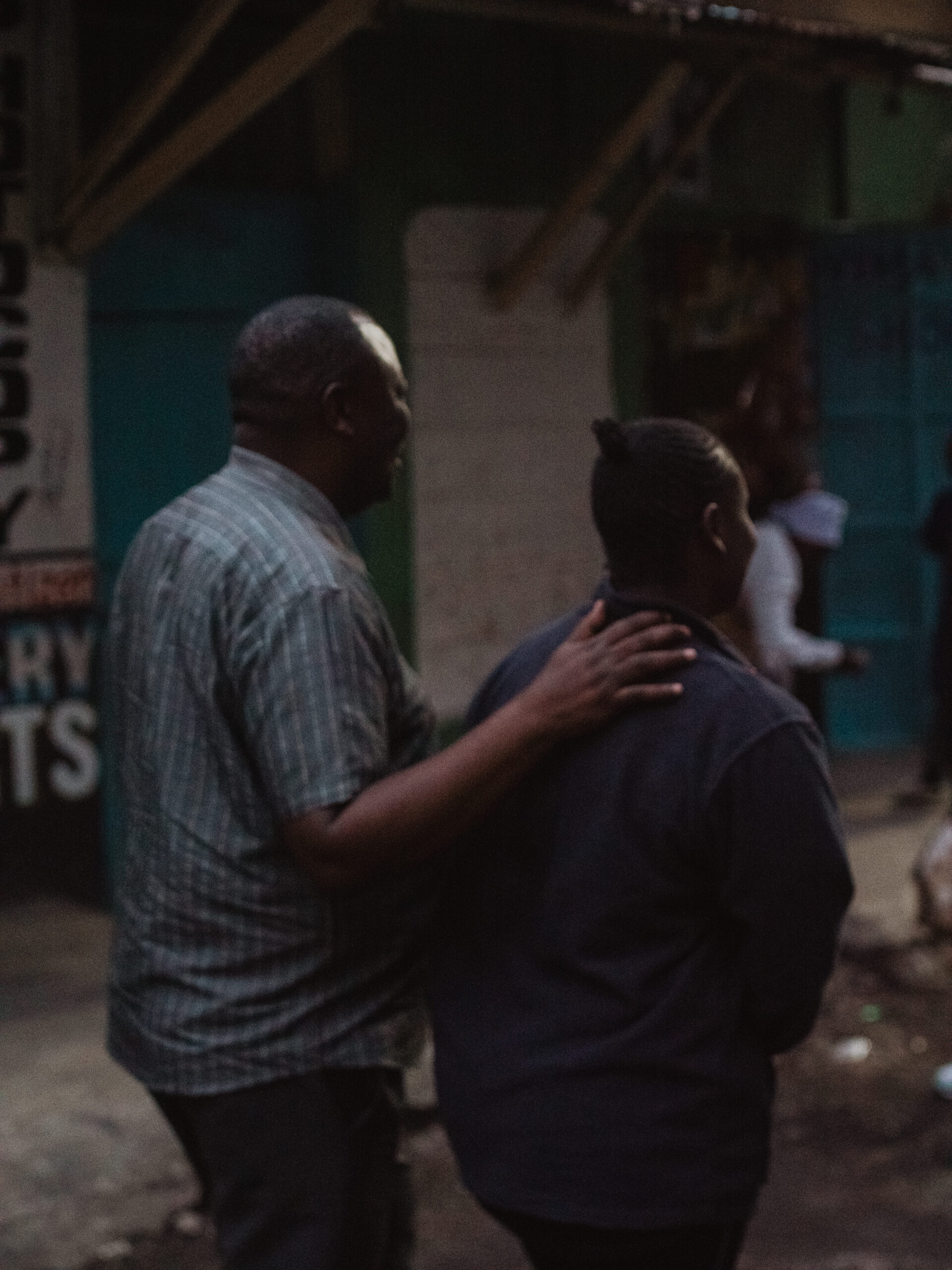
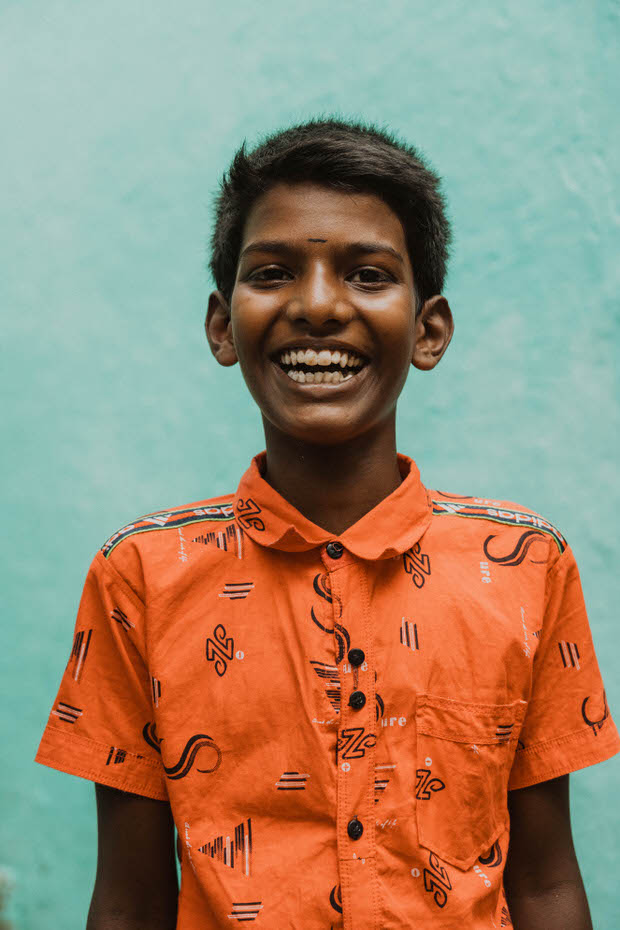
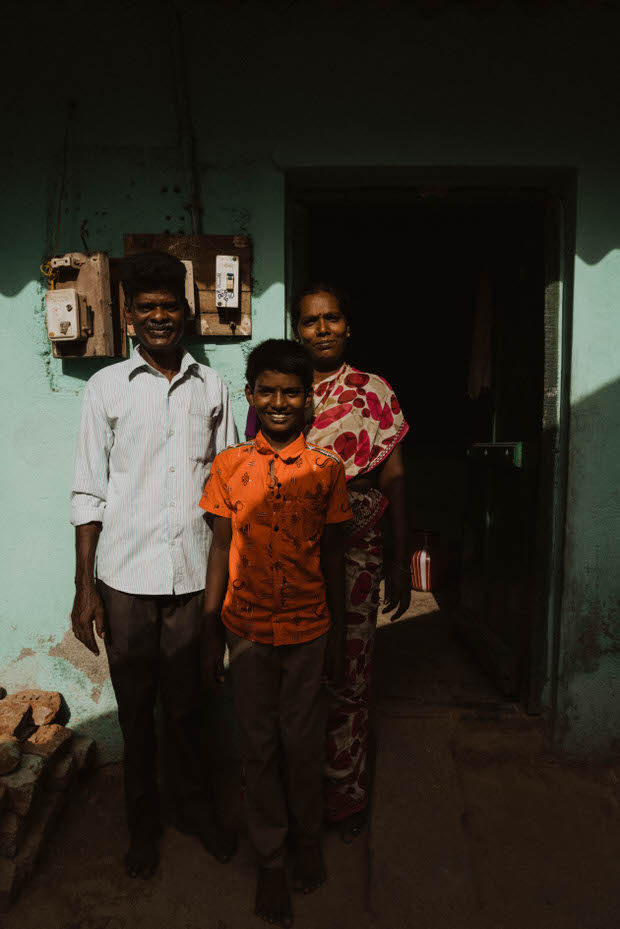
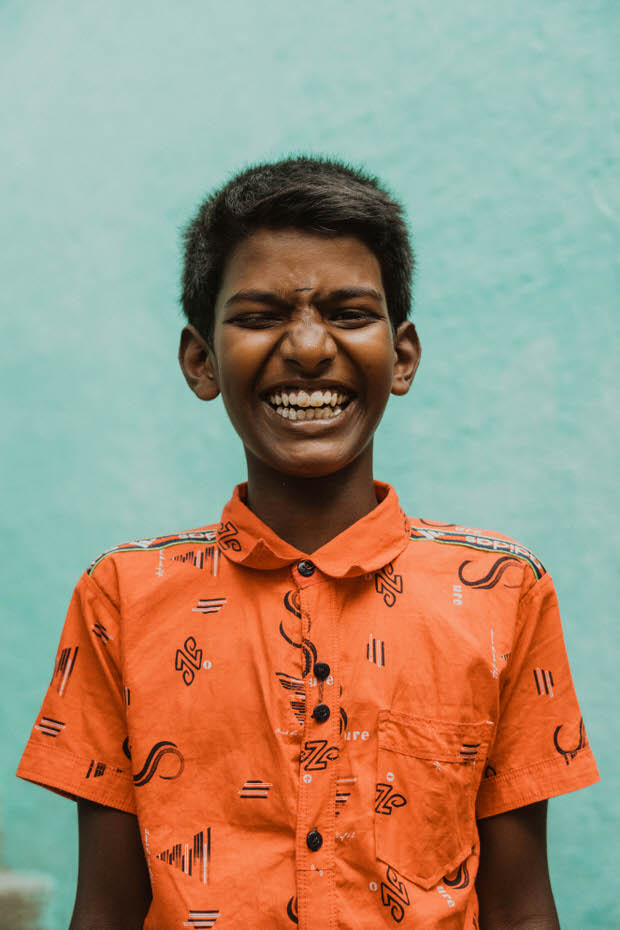
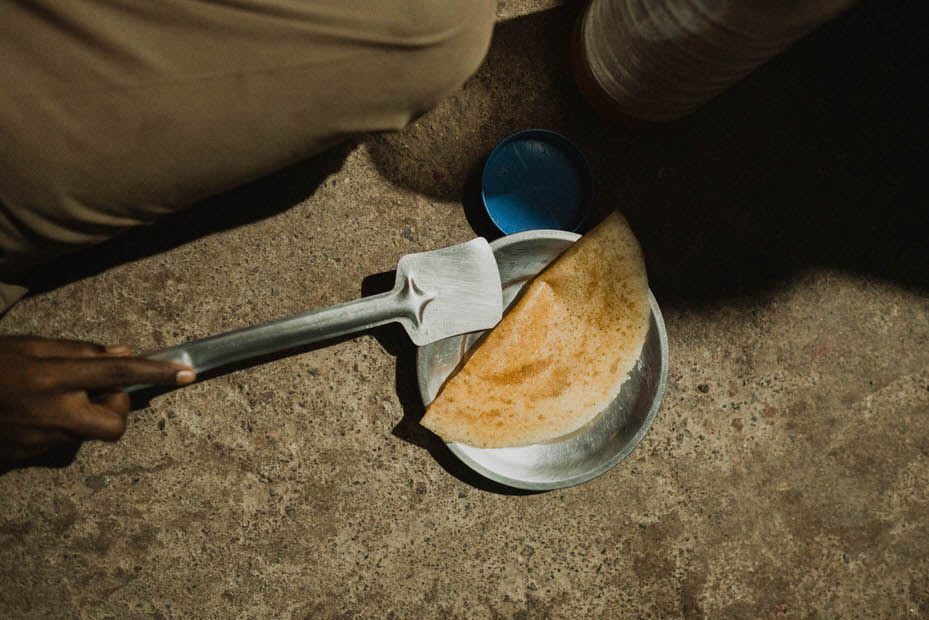
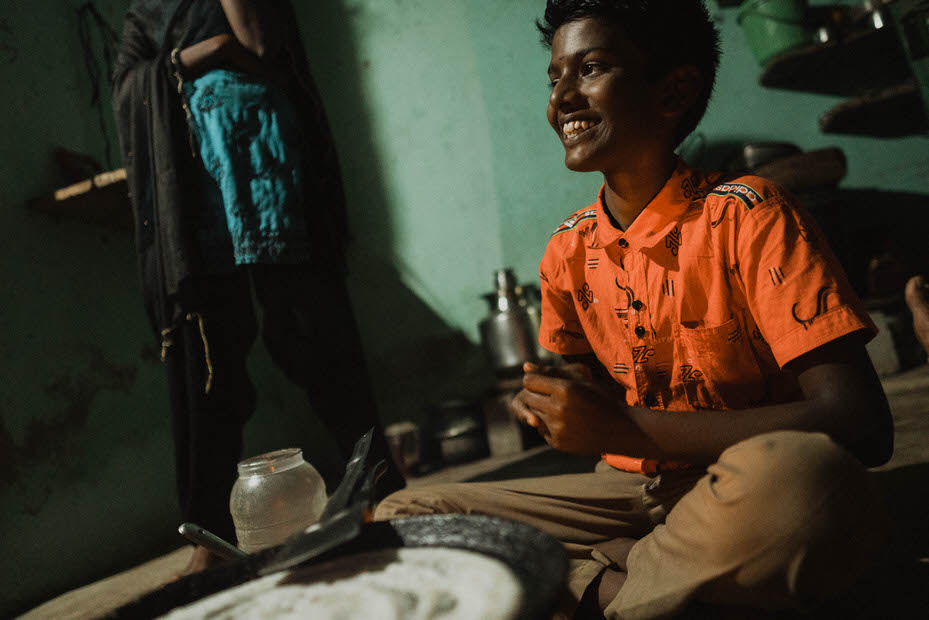
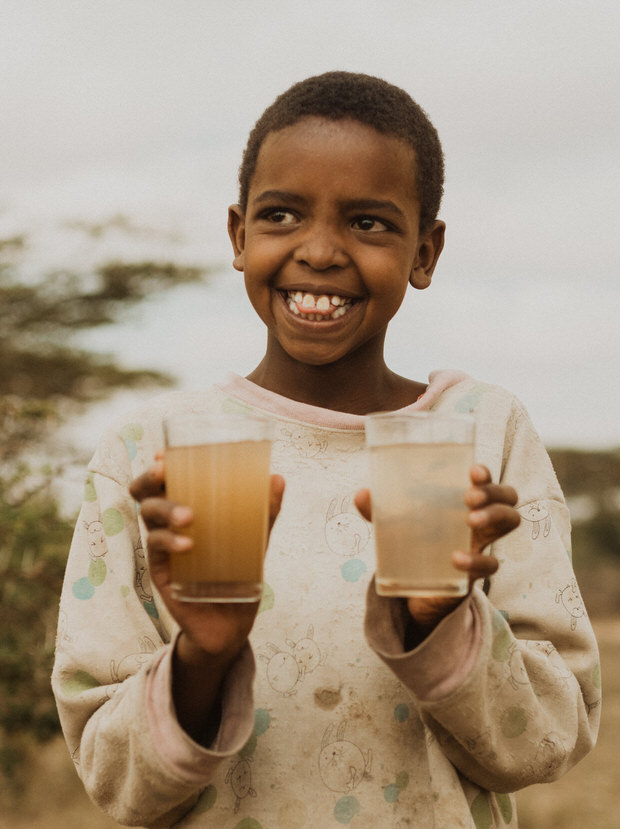
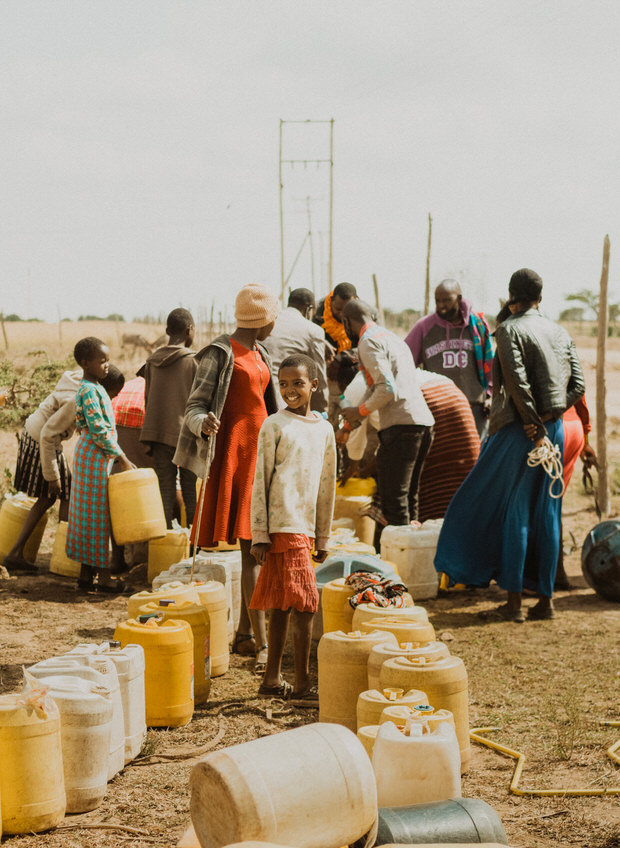
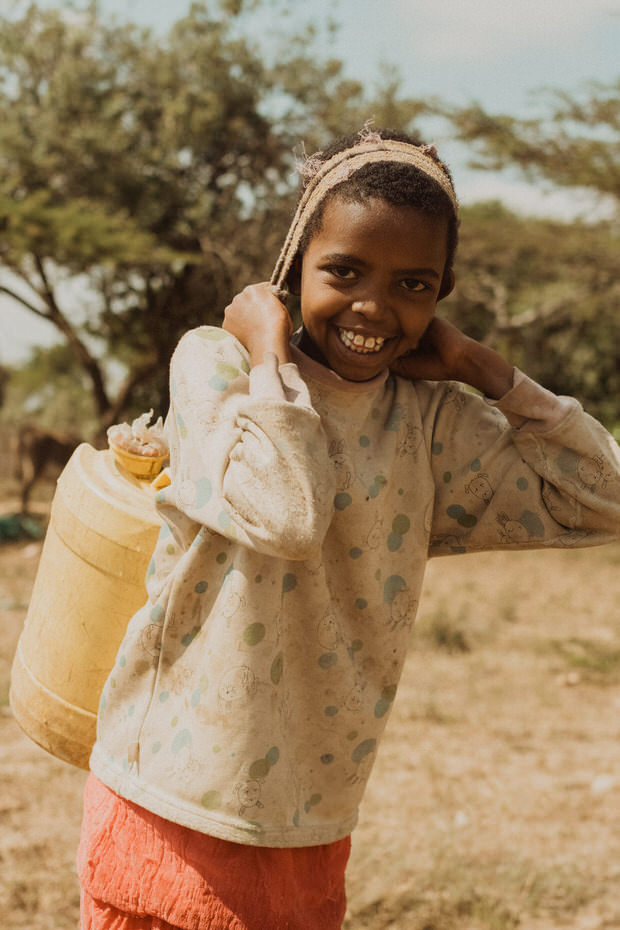
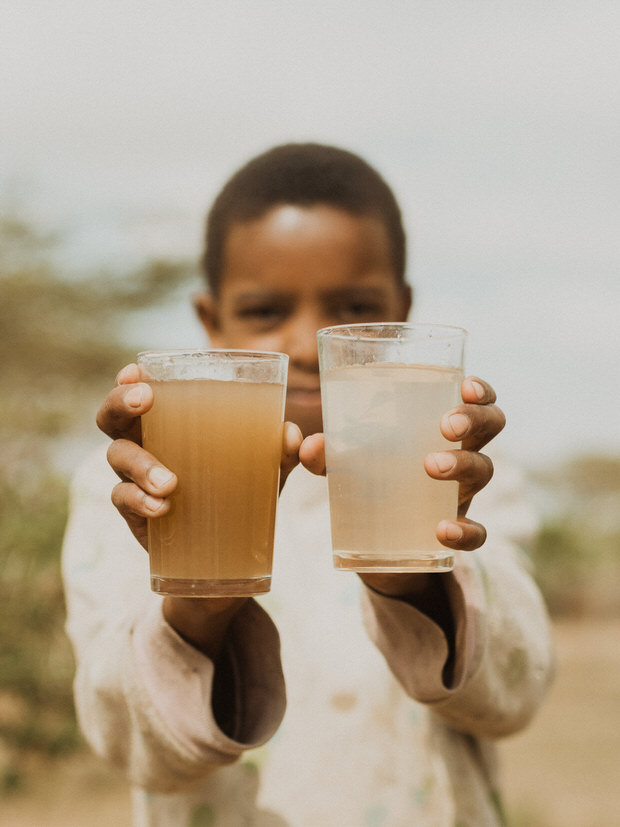
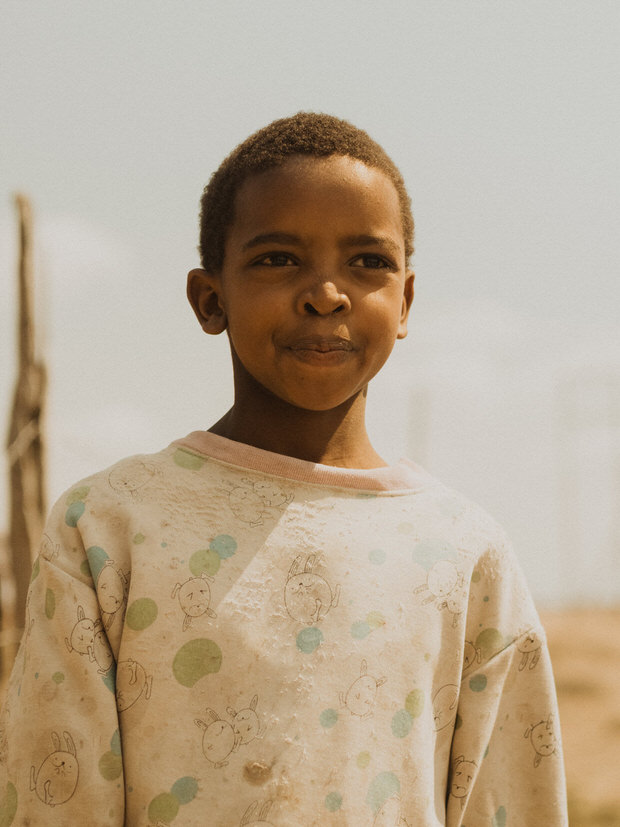
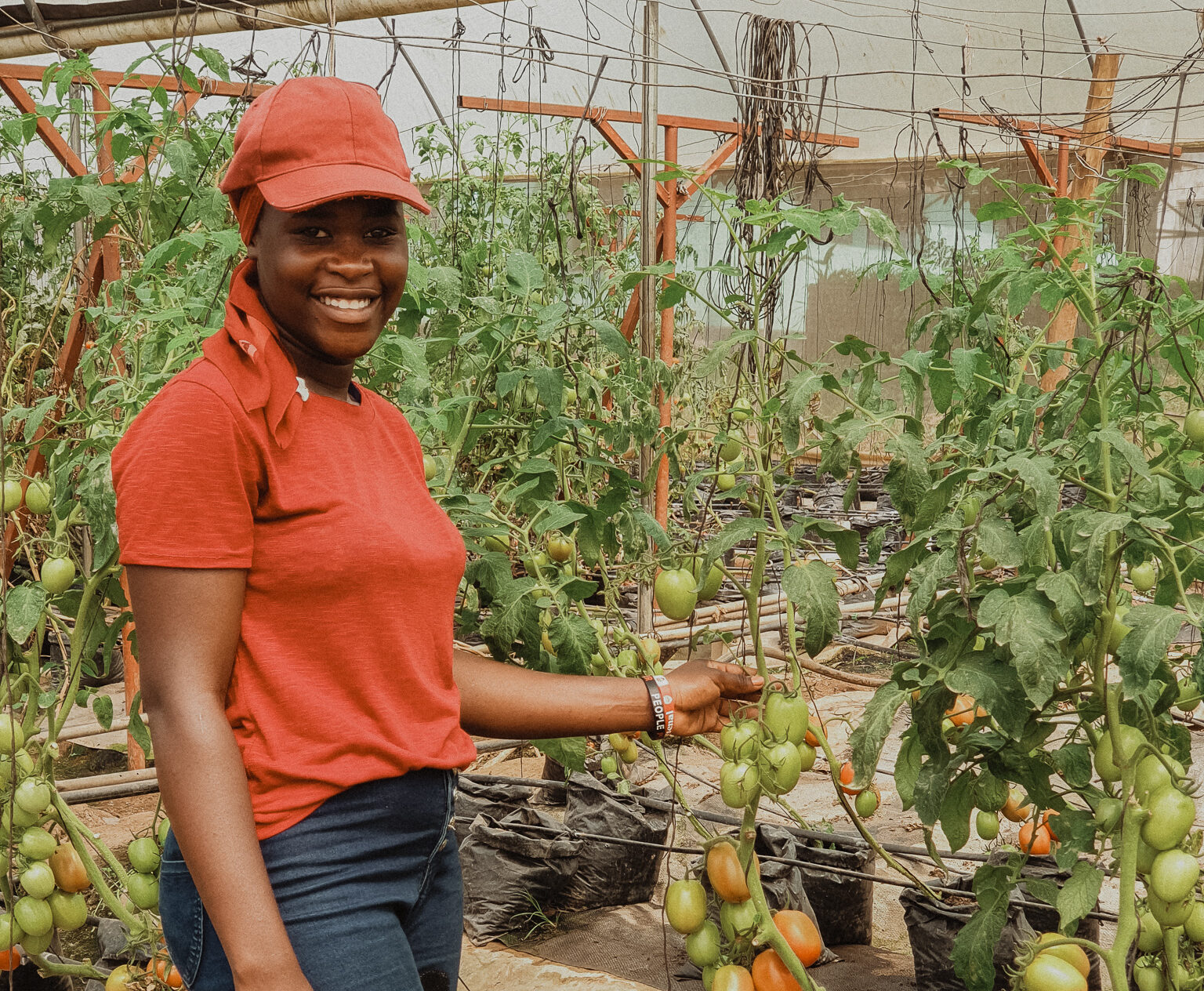
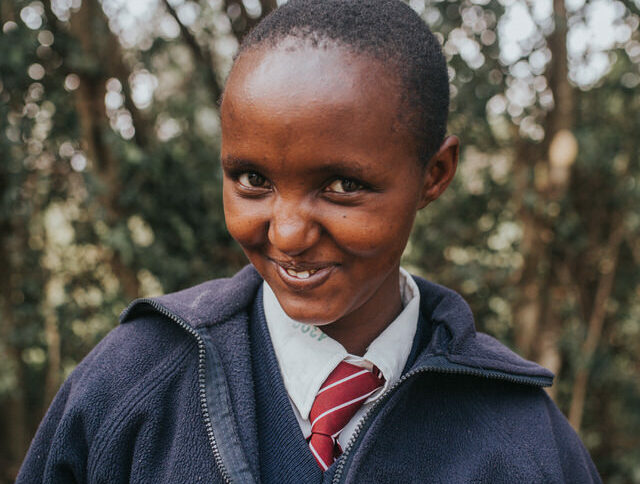
Recent Comments